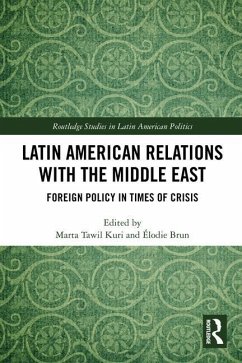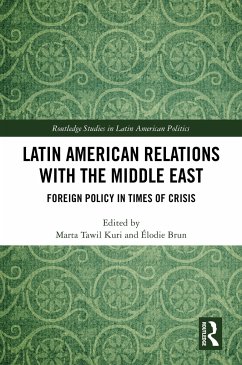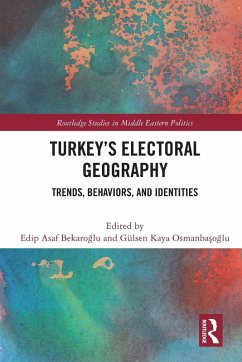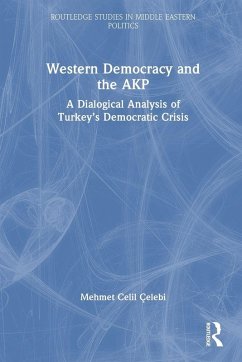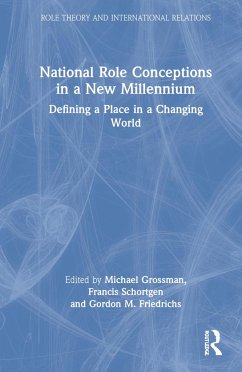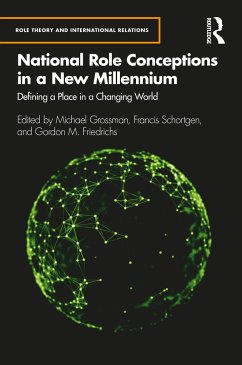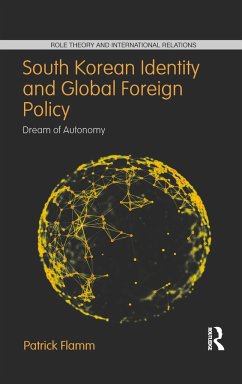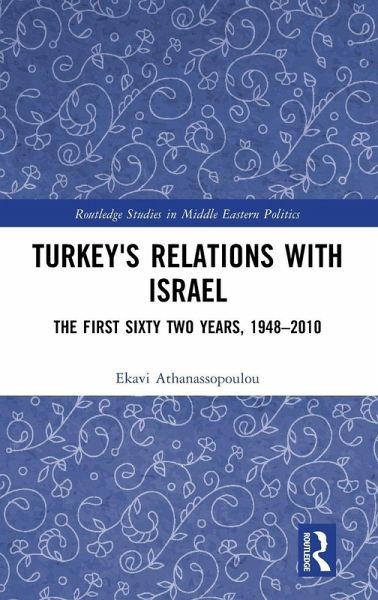
Turkey's Relations With Israel
The First Sixty Two Years,1948-2010
Versandkostenfrei!
Versandfertig in 6-10 Tagen
144,99 €
inkl. MwSt.
Weitere Ausgaben:

PAYBACK Punkte
72 °P sammeln!
This book offers the first comprehensive history and analysis of Turkey's relations with Israel since 1948, when the state of Israel was established, up until 2010 and places them within the wider framework of Turkey's foreign policy. It highlights the remarkable lack of consistency in Turkey's foreign policy towards Israel, under different Turkish governments, which has given the relationship a pervasive sense of unpredictability.Combining empirical-analytical evidence with role theory insights, as developed in Foreign Policy Analysis (FPA), it explores Turkish foreign policy makers' percepti...
This book offers the first comprehensive history and analysis of Turkey's relations with Israel since 1948, when the state of Israel was established, up until 2010 and places them within the wider framework of Turkey's foreign policy. It highlights the remarkable lack of consistency in Turkey's foreign policy towards Israel, under different Turkish governments, which has given the relationship a pervasive sense of unpredictability.
Combining empirical-analytical evidence with role theory insights, as developed in Foreign Policy Analysis (FPA), it explores Turkish foreign policy makers' perceptions regarding the proper role and function of the country in the international system and the sub-system of the Middle East and how they affected the policy towards Israel. The author argues that Ankara's ambivalent policy towards Israel for over sixty years can be explained by Turkey's multiple and often contradictory national role conceptions. The study, which draws from archival material and over fifty interviews with Turkish, Israeli, American and Arab officials and experts, places Ankara's policy into a larger analytical framework, which helps link the past to the present and future.
The book is essential reading for students and scholars interested in understanding Turkey's foreign policy in general and towards the Middle East in particular.
Combining empirical-analytical evidence with role theory insights, as developed in Foreign Policy Analysis (FPA), it explores Turkish foreign policy makers' perceptions regarding the proper role and function of the country in the international system and the sub-system of the Middle East and how they affected the policy towards Israel. The author argues that Ankara's ambivalent policy towards Israel for over sixty years can be explained by Turkey's multiple and often contradictory national role conceptions. The study, which draws from archival material and over fifty interviews with Turkish, Israeli, American and Arab officials and experts, places Ankara's policy into a larger analytical framework, which helps link the past to the present and future.
The book is essential reading for students and scholars interested in understanding Turkey's foreign policy in general and towards the Middle East in particular.





